Market Trends
Introduction
As we progress through 2025, the Medical Device Testing Services market is experiencing a profound transformation, driven by a confluence of macroeconomic factors. Artificial intelligence and automation are accelerating testing speed and accuracy. In tandem, regulatory pressures are intensifying, as manufacturers are forced to comply with increasingly stringent regulations, and to prioritise rigorous testing. Lastly, a change in consumers’ behaviour, characterised by a greater focus on safety and efficacy, is reshaping the medical device development landscape. These trends are strategically significant to market players. They not only impact on operational practices, but also determine how they can best position themselves in the market, in an increasingly complex regulatory environment.
Top Trends
-
Increased Regulatory Scrutiny
Authorities are paying more attention to medical devices. The Food and Drug Administration has introduced stricter guidelines for pre-market testing. For example, the new Quality System Regulation places a higher priority on risk management, which has affected how companies approach testing. The resulting shift in focus has led to increased compliance costs and higher operating costs. In the future, companies will probably have to develop new testing procedures to meet evolving standards. -
Adoption of AI and Machine Learning
AI and machine learning in testing services have revolutionized data analysis and modeling. Labcorp and other testing service companies are using these tools to improve efficiency and accuracy. Studies show that up to 30 percent of testing time can be saved using AI, which has a significant impact on throughput. Future developments could see AI platforms becoming the standard in testing services, further improving resource allocation. -
Focus on Biocompatibility Testing
With the increasing demand for implantable devices, biocompatibility testing is becoming a major focus. In order to meet the requirements of the regulatory authorities, more and more extensive biocompatibility studies are being carried out, resulting in increased test volumes. For example, the implementation of the ISO 10993 standard is being tightened up, forcing companies to adapt their testing strategies. This trend is likely to lead to innovation in the field of test methods and materials used in the production of medical devices. -
Sustainability in Testing Practices
A new criterion has been established in medical device testing: it is based on the principle of a sustainable approach. Green testing methods are used by companies like Eurofins. Statistics show that by going green, costs can be reduced by up to 20 percent. This trend is expected to grow further. Future regulations will probably require green testing. -
Remote Testing Capabilities
The COVID-19 pandemic has accelerated the process of moving towards remote testing. This is more flexible and more efficient. Companies are investing in digital platforms to facilitate remote testing and data collection. It is estimated that this can reduce time to market by as much as 25 per cent. And the trend is likely to continue. Advances in telemedicine and remote diagnostics will continue to shape the future of testing. -
Integration of Cybersecurity Testing
As medical devices become more and more connected, the importance of security testing is growing. Regulations are laying down strict security standards, and companies are introducing security testing into their quality assurance processes. A survey showed that a full three-quarters of manufacturers prioritise security testing in their testing. This trend is likely to lead to the development of specialist testing services that focus on device security. -
Personalized Medicine and Custom Testing
The advent of individualized medicine is creating a demand for testing services tailored to the needs of individual patients. This is leading to an evolution of the test frameworks used by the industry, with the result that the patient’s quality of life is improving. The figures show that individualized medicine increases the efficacy of treatment by 30 per cent. In the future, there may be a wider range of testing services for individualized medical devices. -
Globalization of Testing Services
In view of the growing internationalization of the medical device industry, the demand for testing services is increasing across all regions. The varying requirements of national and international regulations are leading to a corresponding expansion of the testing capacities of the companies. According to a study, about 60 percent of manufacturers are looking for a global testing partner. This trend will lead to a closer cooperation between testing service providers, which will lead to an improved service and greater efficiency. -
Emphasis on Post-Market Surveillance
Post-market surveillance is a critical component of the medical device life cycle. Regulators require ongoing monitoring of the performance of medical devices. Companies are investing in post-market surveillance systems to ensure device safety and performance. Effective post-market surveillance can reduce adverse events by up to 40 per cent. This trend is likely to result in the development of more sophisticated surveillance tools and methods. -
Enhanced Collaboration with Research Institutions
The cooperation between testing service and research institutions is growing, which fosters the development of testing methods. The collaborations are a source of innovation and the latest research results, and thereby improve the testing performance. There is evidence that collaborations can increase the speed of developing new testing methods by up to 50 per cent. The trend will continue, which will foster the development of medical device testing.
Conclusion: Navigating the Competitive Landscape Ahead
The Medical Device Testing Services market is highly fragmented and intensely competitive as we approach 2025, with both established and new players competing for market share. There is an increasing focus on compliance and regulatory standards, particularly in North America and Europe, which is driving innovation and service differentiation. The market is consolidating, with more and more players entering the market. To maintain a competitive advantage, vendors must strategically leverage advanced capabilities such as automation, artificial intelligence, and green technology to enhance operational efficiency and meet evolving customer demands. The ability to offer flexible testing solutions will be key to a company’s success in this market, as companies that can quickly adapt to technological and regulatory changes will outperform their competitors. These are the strategic imperatives that will enable the decision-makers to successfully navigate the complexities of this dynamic market.


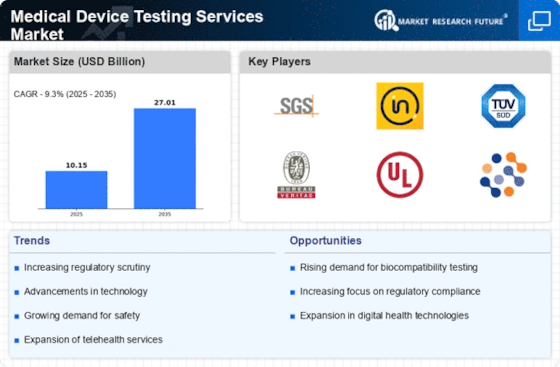
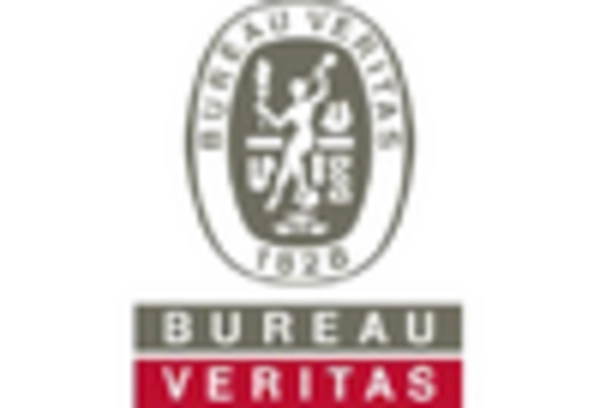
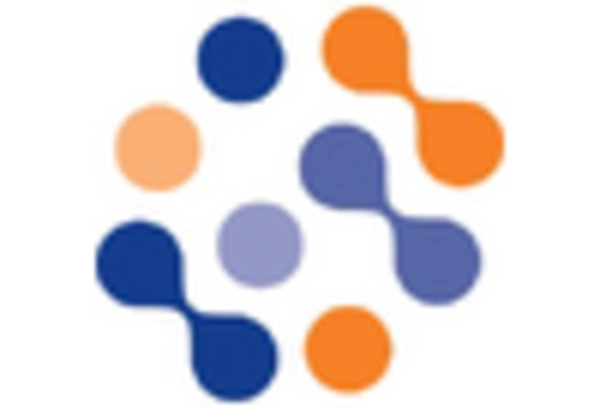

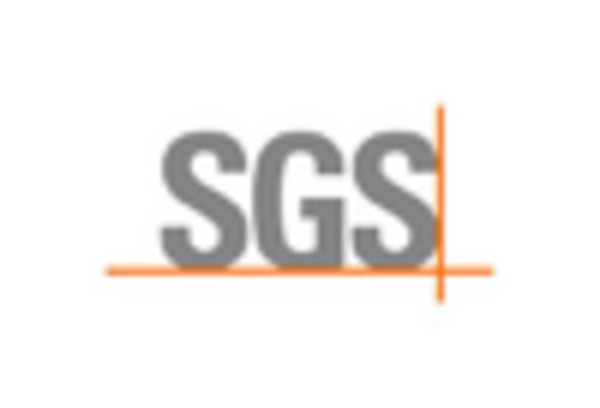
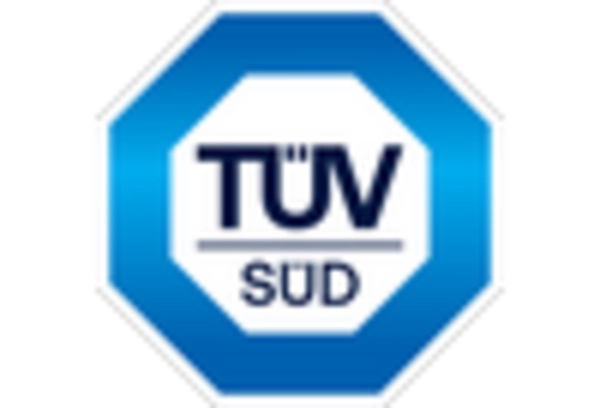
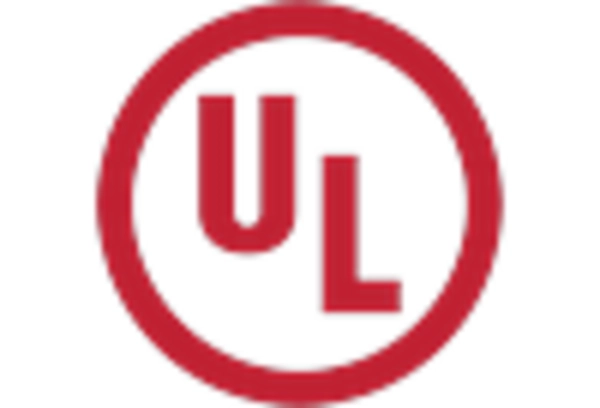









Leave a Comment